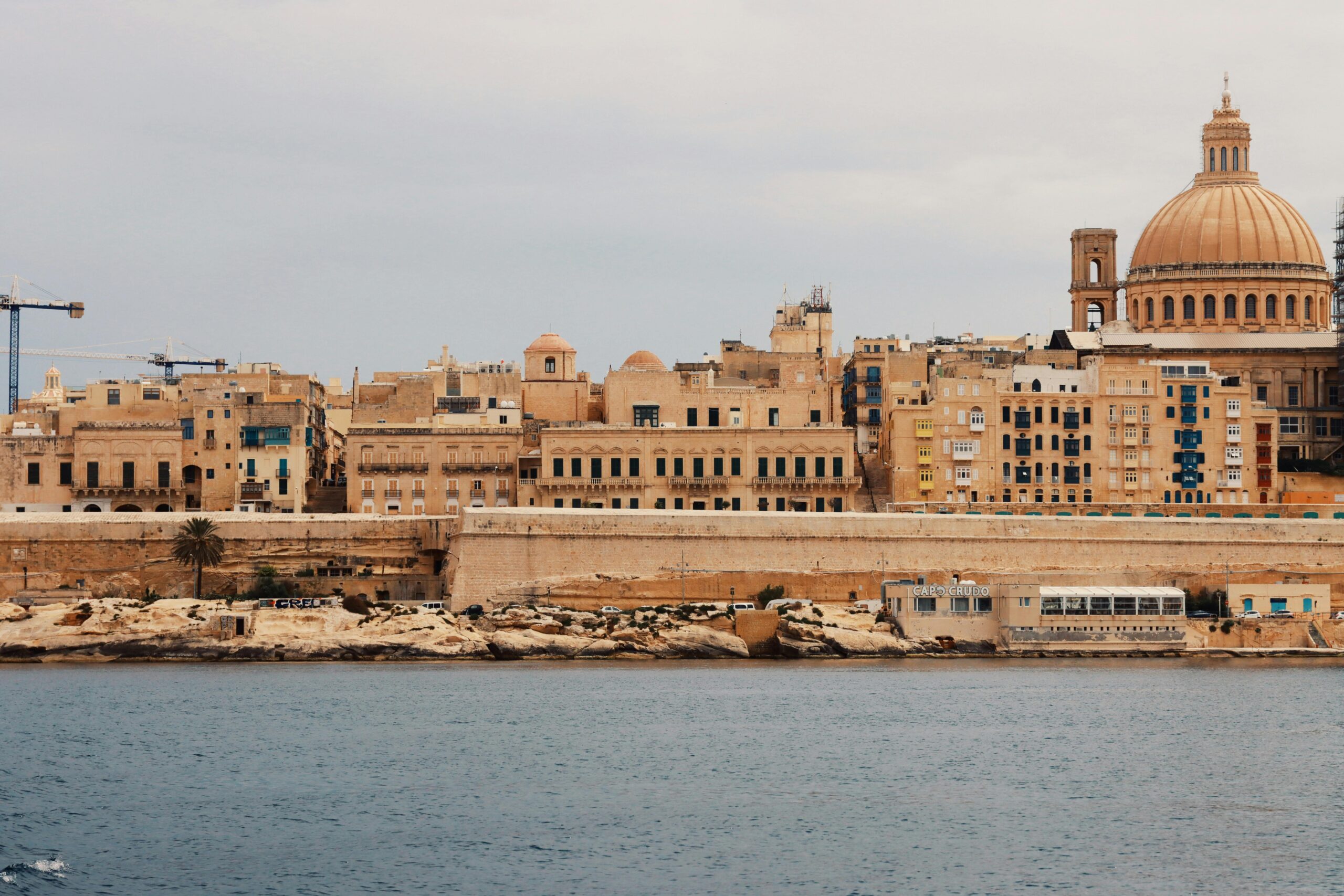Malta’s inflation rate dropped from 3.9 per cent in November to 3.6 per cent in December, even as the eurozone average increased from 2.4 per cent to 2.9 per cent over the same period.
Food, alcohol and tobacco remain one of the main pressure points, according to the latest update from Eurostat, with prices increasing by 6.1 per cent year-on-year across the euro area.
Prices for services also increased by four per cent.
However, the energy price shock continues to subside, with energy prices decreasing by 6.7 per cent in December after an 11.5 per cent drop in November. These drops how no direct effect on Malta, where energy and fuel prices have been fixed through generous Government subsidies.
The impact of food prices on local inflation is seemingly being tackled head-on by Maltese authorities, with a report earlier on Friday (today) that retailers are under pressure to commit to reducing the price of key products by 15 per cent.
64% increase of people in employment since 2014, latest figures show
New data paints a clear picture of Malta’s expanding workforce over the last decade
Malta’s economic growth to remain strong in global context, but sectoral shifts raise productivity concerns
While Malta continues to outpace eurozone peers in GDP growth, sectoral data suggests a growing reliance on less productive industries
Trump tariffs to take effect soon: EU prepares swift but measured response as trade tensions escalate
European businesses, policymakers, and investors alike are bracing for another potentially destabilising episode in transatlantic trade






